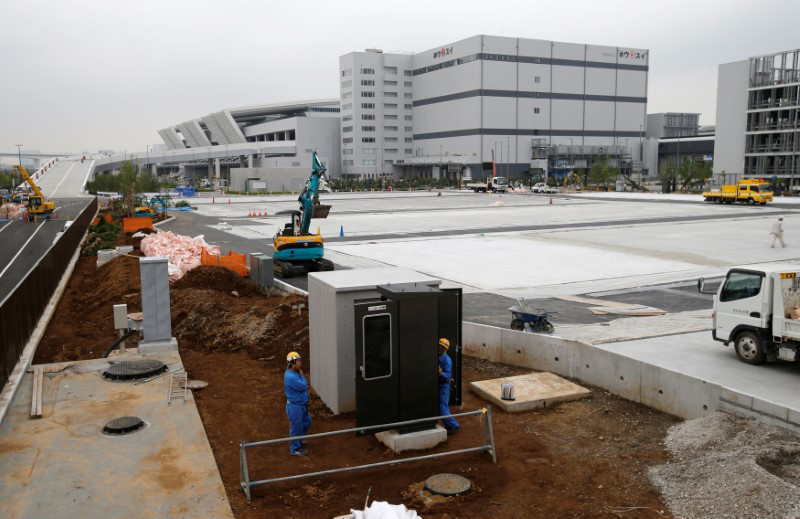Naotaro Endo's documentary "Tsukiji Wonderland" opened in Tokyo — in Tsukiji, in fact — two weeks ago. Under normal circumstances, such an accomplished and beautiful film would be evaluated on its aesthetic and edifying merits, but the timing of the release makes such judgments problematic.
"Tsukiji Wonderland" is about the greatness of the titular wholesale seafood market, the largest in the world, which handles 1,700 tons of fish a day, representing ¥1.6 billion in transactions. The market is a well-oiled machine because of the professionalism and expertise of the people who work there, not to mention the exacting demands of their highly motivated clientele. All the aspects that make it a unique commercial enterprise and worthy of anthropological study are described in the film. But in the end, none of it means anything because Tsukiji is destined to close very soon, and that fact isn't mentioned until the last line of dialogue in this 110-minute movie. As a topical film, it's immediately irrelevant.
And if "Tsukiji Wonderland" were really a requiem, which is how the movie is being marketed, it would have to address the forces that conspired to relocate the market to Toyosu, where it will be cut off almost completely from its main customer base — the Tokyo restaurants in Shinbashi, Ginza and Nihonbashi. Though Endo includes a number of foreign experts in the film to praise Tsukiji's methodology, the business is extremely local, or at least it is with regard to what counts as the film's main theme: The close interaction and feeling of trust between sellers and customers. A good portion of the running time is taken up by interviews with restaurateurs who harp on the fact that they would not be as successful as they are if it weren't for Tsukiji market. That success, as Endo points out several times, is based on proximity — these chefs can easily walk or ride a scooter to Tsukiji. Toyosu is not so far as the crow flies but, since it is located in one of the lesser developed landfill tracts on the Tokyo waterfront, it isn't convenient.



